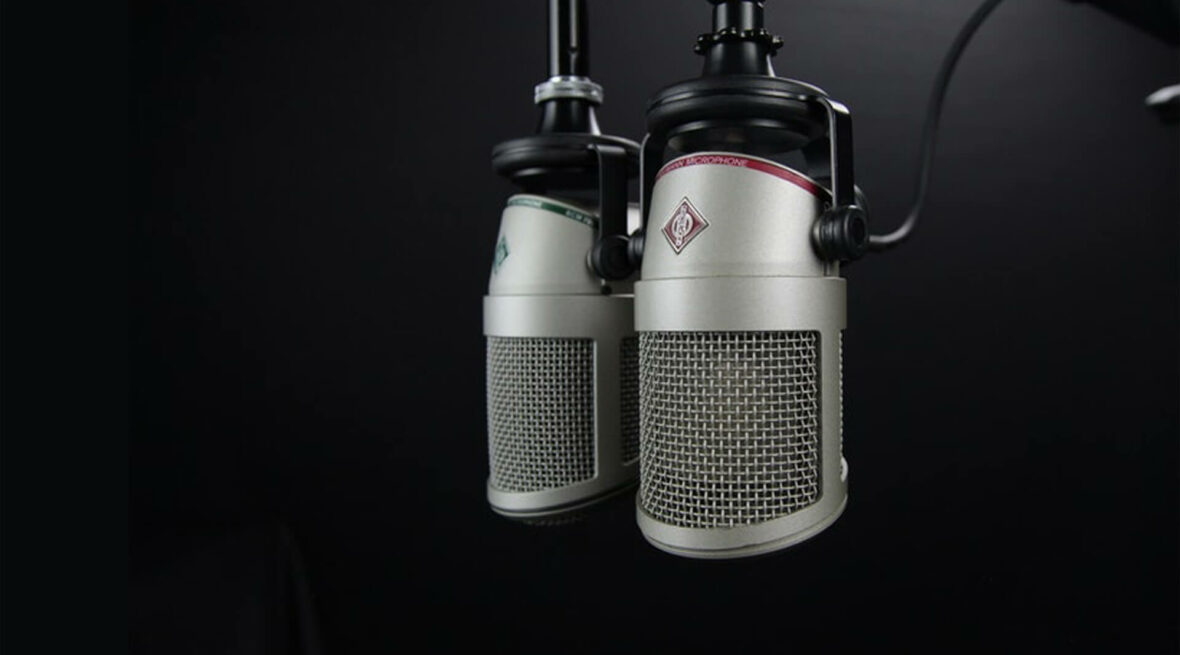Note: For security reasons, certain specifics, such as the title of the radio program and station and the specific country, have not been included. All names have been changed.
In a Middle Eastern nation torn by war, poverty, and oppression, many are turning to a Christian radio station for hope. The radio station was started by a local ministry in 2011 as a way to share the Gospel with people who had little access to a Bible or physical church building and were unlikely to meet a Christian in person. Recently the radio station made the transition from radio transmission to satellite, allowing them to reach a larger audience.
The radio station engages thousands of listeners with its content, which range from overtly Christian to more general interest shows. Lian, who is not a Christian, regularly calls into a Bible quiz show and guesses the correct answer by asking herself, “What would Jesus do?” Lian is unable to leave her home and has no contact with the outside world aside from listening to and calling into the radio program. “I want Christians to return to the city and the churches to be rebuilt so that you can take me to church and teach me how to pray,” she says on air.
A personal impact
“I’ve never been able to sleep normally,” says Jana, a regular listener who confesses to regularly harming herself. She has attempted suicide twice. The man she once loved was killed by a terrorist group and now her family is forcing her into an engagement with another man because he promised to pay for her father’s medical bills. In the midst of her worst depression, she had shared her story on the air and asked for prayer.
The following day, Jana called into the show again. “After you prayed for me I felt such great peace inside. I don’t know how to describe it. I slept very relaxed and woke up happy.” A short time later, Jana calls in again and announces that her family agreed to break off the engagement.
Connecting people
In addition to hearing from and talking to listeners during the radio programs, hosts also regularly connect listeners to each other. Often after listeners have been discussing something over the air they will want to continue the conversation after the show, so the radio station shares the listeners’ phone numbers to facilitate that connection. “We’re seeing a very positive impact as relationships are being built between the listeners. They can exchange ideas about faith, especially when they don’t agree on something,” says Omar, one of the radio hosts.
In addition, the radio station’s Facebook page has become an important place for spiritual conversations. “Our Facebook page has become a reference for Christians to give to non-Christians when they ask them questions about their faith,” says Ahmed, a missionary leading the radio station’s strategy.
How to evangelize in the Middle East
Through the radio station, Ahmed has learned an important lesson about evangelizing to people of a different faith in the Middle East. Just as the majority of Christians are nominal Christians, he says, the same is true of them. “If you talk to them religiously, you’ll either push them away from you or you will push them to be conservative and fire back at you,” he says. “You have to talk to them on a humanitarian level.”
In some cities where this radio station is broadcast, it is the only radio station available. In others, a terrorist group is the competition. Prior to upgrading to satellite broadcast, the station would sometimes have their broadcast cut. When that happened, listeners reported that a reading of the Qur’an replaced their content on the airwaves. After investigating, the team learned that a terrorist group was interfering with their signal. “It’s encouraging to see that they actually prefer to listen to our Christian radio station rather than readings from their own book,” Ahmed says with excitement. As for the interference from the terrorist group, he says, “That means we’re making a difference.”

